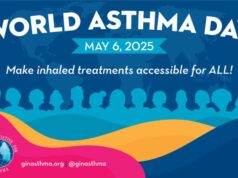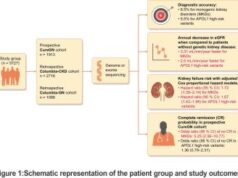The World Health Organisation has made a passionate appeal to privileged countries to share doses of the vaccine with poorer nations once health workers and older people on their priority list have been vaccinated.
The United Nations agency also disclosed that almost 130 countries and 2.5 billion people were yet to be inoculated with a single dose of COVID-19 vaccine.
In his opening address at news briefing in Geneva on Friday, WHO chief, Tedros Adhanom Ghebreyesus was excited when he announced that the number of vaccinations has now overtaken the number of reported infections globally.
“In one sense, that’s good news and a remarkable achievement in such a short timeframe. But more than three quarters of those vaccinations are in just 10 countries that account for almost 60 per cent of global GDP.
“Almost 130 countries, with 2.5 billion people, are yet to administer a single dose. Some countries have already vaccinated large proportions of their population who are at lower risk of severe disease or death,” he said.
The WHO chief further expressed concerns that there was a disturbing narrative in some countries that see the death of older people as a normal occurrence.
“It’s not okay. No one is dispensable. Every life is precious, regardless of age, gender, income, legal status, ethnicity or anything else. And that’s why it’s so important that older people everywhere are prioritized for vaccination.
“Those most at risk of severe disease and death from COVID-19, including health workers and older people, must come first – and they must come first everywhere. All governments have an obligation to protect their own people,” he said.
Tedros also appealed to rich nations to consider sharing the COVID-19 jab with other less privileged countries once their own health workers and older people have been vaccinated.
According to him, the best way to protect the rest of the global population is to share vaccines so other countries can do the same.
“That’s because the longer it takes to vaccinate those most at risk everywhere, the more opportunity we give the virus to mutate and evade vaccines. In other words, unless we suppress the virus everywhere, we could end up back at square one.
“Countries are ready to go, but the vaccines aren’t there. We need countries to share doses once they have finished vaccinating health workers and older people,” he stated.











